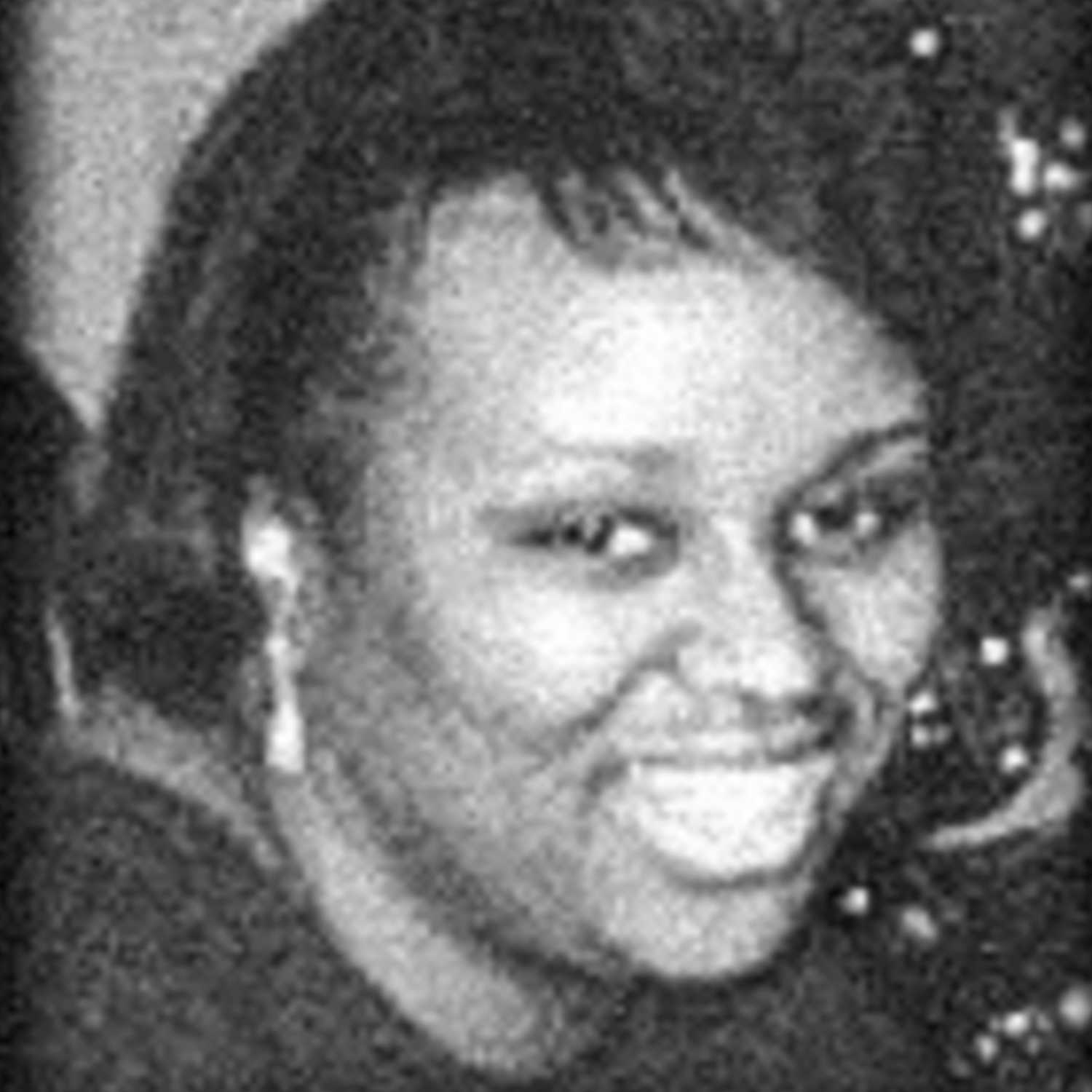On an early March morning in 1995, two terrorist gunmen attacked a van transporting US Government workers to their jobs at an American Consulate in South-East Asia. The most severely wounded passenger, Jacqueline K. Van Landingham, died shortly afterward at a local hospital.
Jackie’s smile, sense of humor, and unyielding devotion inspired not only her family, friends and colleagues, but also a new generations of officers who followed in her footsteps. She was one of the first African Americans at the CIA to lose her life in service to her country, and her memory will never be forgotten. Here is her story.
Early Years
Jackie grew up in Kershaw County in Camden, South Carolina. She graduated from Camden High School in 1979 and attended Virginia State University (VSU) in Petersburg, where she majored in food marketing and management. She graduated from VSU with a Bachelor of Science degree in 1984.
In college, Jackie worked part-time every semester—full-time during summer breaks—at the VSU bookstore. She handled a wide range of clerical and some managerial responsibilities, including cashiering, ordering merchandise, handling customer complaints, training new employees, and preparing employee payrolls. Jackie also played intramural softball—a sport she loved—and excelled at. Before graduating in 1984, she took advantage of a student internship opportunity and worked in an advertising and marketing agency in Richmond, Virginia.
Life at the CIA:
Jackie joined the CIA in July 1985 as a clerk-typist, working in the Directorate of Operations (now the National Clandestine Service), Near East (NE) Division, Logistics Branch. With no previous Agency experience, Jackie adapted quickly to the frenetic pace of the NE division, handling high volume cable traffic and an assortment of logistical support duties for her colleagues both at Headquarters and overseas. She was a fast learner who impressed her superiors time and again with her abilities. Less than a year after she joined the CIA, she was selected to undergo training for an assignment overseas as an operations support assistant (OSA). Jackie also received a substantial cash award for her excellent performance—not a routine occurrence for a new employee.
In 1986, Jackie was posted in the Middle East as a “new” operations support assistant. In this assignment she vigorously applied her newly-developed administrative skills as well as building new capabilities—especially in complex field finance and accounting procedures. Additionally, although she was a relatively junior employee, within her first year overseas, Jackie was handling particularly delicate and sensitive responsibilities.
By the summer of 1987, Jackie was preparing for her next assignment, but not before receiving a promotion and continuing her development as an OSA. Her supervisor noted that Jackie’s handling of complex financial matters was impressive, especially considering the variety of currencies with which she had to deal. Equally impressive was Jackie’s continuing development as a supporter of active operations that required her to create and utilize flawless surveillance detection routes and to have a kind of street smarts that many CIA officers refer to as a “sixth” operational sense.
It was also during her assignment in the Middle East that Jackie met and married her husband, who was a US military officer. Jackie’s husband was an excellent softball player, just like she was, and both of them enjoyed traveling to play in tournaments.
After serving another tour overseas, Jackie returned to the US for almost two years. It was during this time that she gave birth to a little girl, in her hometown of Columbia, South Carolina. A die-hard Dallas Cowboys fan, she was also able to enjoy the success of her favorite football team.
Anxious to be back in the field again, Jackie accepted another overseas assignment in the Middle East in 1991. Jackie was assigned to a huge regional hub for US military and civilian intelligence agencies. Jackie provided administrative and operational support to officers who, in turn, provided support to UN weapons inspections. Once again, Jackie was the sole officer responsible for all correspondence relating to administration, logistics, security and finance. At one point, more than half of the communications coming from the office were written by Jackie.
In the summer of 1992, Jackie was evacuated to the US because of complications with her second pregnancy. When she finally arrived back in the US after a long journey, she was physically exhausted and still not feeling herself. However, one of Jackie’s favorite pastimes was shopping, an activity that was sometimes difficult in the locations in which she was stationed overseas. Jackie was picked up at Dulles International Airport by a friend, but as they were heading toward their hotel, Jackie asked, “Where are we going? Aren’t we going shopping at Tyson’s Mall?” So off to the mall they went.
Jackie’s second daughter was also born in Columbia, South Carolina. Jackie and both daughters returned to the Middle East a few weeks later.
Her Final Mission:
Jackie’s fourth overseas assignment was in South-East Asia, starting in the summer of 1994. Once again Jackie applied her specialty as an operations support officer. Both of Jackie’s young daughters lived with her overseas, while her husband was stationed in another country.
In the morning hours on Wednesday, March 8, 1995, the US Consulate’s 20-passenger shuttle bus was attacked by two gun-wielding terrorists armed with AK-47 rifles. The bus had just picked up three passengers in a residential area and had turned onto a major road from the airport to the city center. While the bus was stopped at a traffic light, a yellow taxi pulled up next to the vehicle.
Two men leapt out of the cab, shot out the bus’s windshield, and then walked alongside the vehicle, methodically firing a large number of single rounds into it. The shooters then jumped back into their taxi and sped away.
All three passengers were hit, but the driver was unharmed. One slightly wounded passenger told the driver to head for the hospital. One passenger was pronounced dead at the hospital and, shortly thereafter, Jacqueline Elaine Keys Van Landingham, the only Agency employee on the shuttle, died from her wounds as doctors at the hospital struggled to stabilize her condition.
Jackie was survived by her husband and their two young daughters. Jackie was 33 years old.
Honoring Jackie’s Service:
Jackie’s legacy was immortalized with an anonymous charcoal gray star carved into the Agency’s Memorial Wall; a commemoration of the strength, sacrifice, and devotion of officers like Jackie. It would be another 15 years before Jackie’s name could be unveiled and added to the Book of Honor.
During the Agency’s annual Memorial Ceremony on May 22, 2012, when Jackie’s name was unveiled, then-CIA Director David Petraeus spoke of Jackie’s outstanding service, her vibrant energy, and her keen sense of humor that could always bring a smile to those around her.
Standing before the white marble memorial wall, Petraeus talked about the souls represented by the stars behind him, and how they all heard the same call to duty and answered without hesitation. “They devoted their hearts and minds to a mission unlike any other, at an Agency unlike any other, serving on the world’s most dangerous frontiers to defend our people, defeat our adversaries, and advance our freedoms. Their words and deeds will inspire us forever, and their service and sacrifice will never be forgotten.”
Last year, during the opening remarks of the CIA’s Black History Month Celebration on February 26, 2014, CIA Director John Brennan took a moment to honor Jackie and two other African American officers who lost their lives in the line of duty. “African Americans have long made critical contributions to our Agency’s mission, taking the risks and bearing the sacrifices that intelligence work often demands,” he said.
“We at CIA join our fellow citizens in remembering the immeasurable sacrifice, strength, and courage of African Americans in building a more free and just society,” said Brennan. “It is a cause they nobly advanced, and one that we all must carry forward to this day.”

